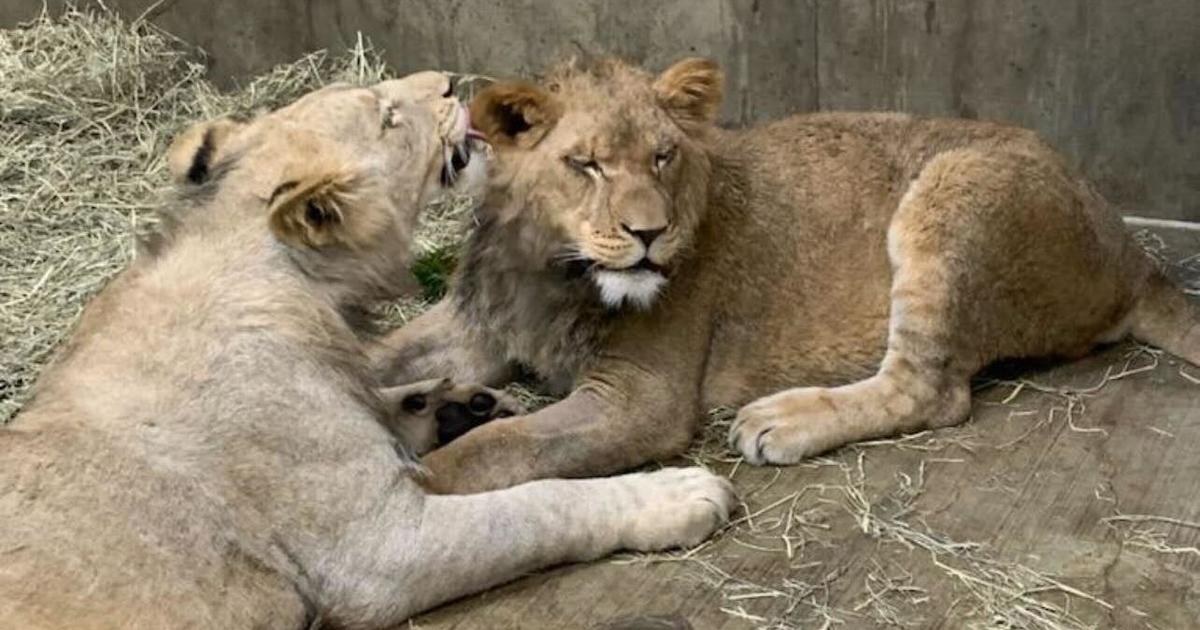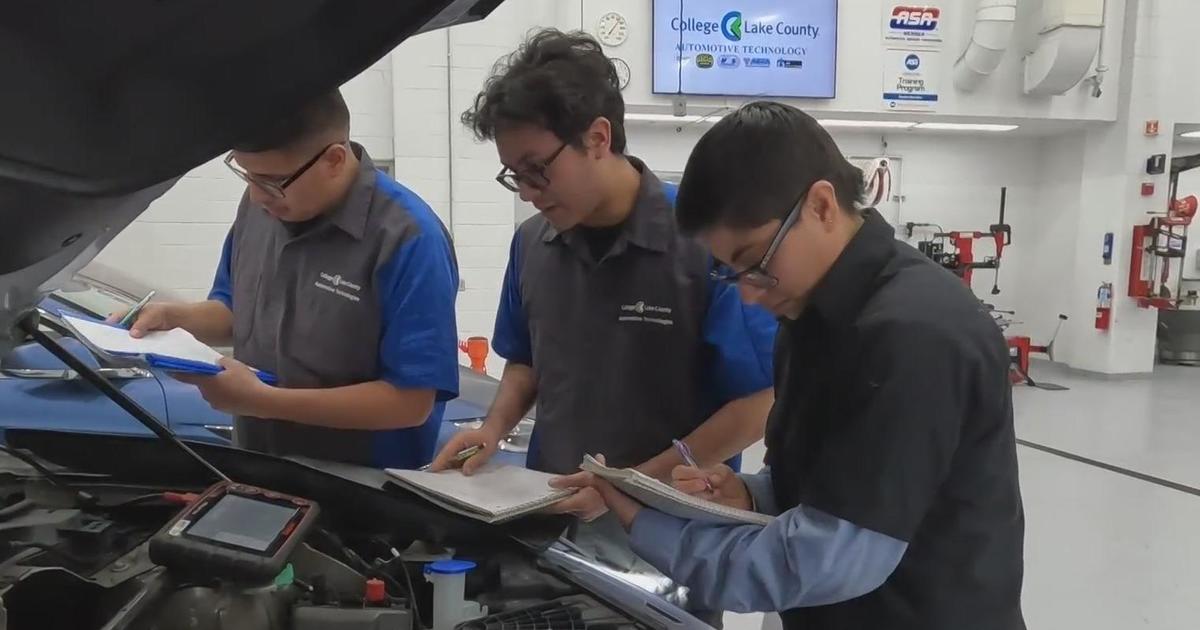Microbiological Zoo At Treatment Plant Turns Wastewater Into Fertilizer
CHICAGO (CBS) -- When you flush the toilet, where does it all go? Your waste could end up fertilizing Chicago area farms and parks, after being treated at the Stickney Water Reclamation Plant.
It's one of the largest wastewater facilities in the world. The waters at the Stickney plant are essentially a microbiological zoo.
"We want to sort of dispel some of the myths behind wastewater treatment. It is not just a bunch of pumps and water flowing. So it is a science-based system," said Toni Glymph-Martin, senior environmental microbiologist at the Metropolitan Water Reclamation District of Greater Chicago.
One of the microscopic creatures essential to treating wastewater is the tardigrade, also known as a "water bear."
"He'll bite a hole in its prey, and suck all the juices out of it," Glymph-Martin said.
Built in the 1930s, it's one of seven wastewater treatment and stormwater management facilities for the MWRDGC, providing service for more than 5 million people in Chicago and suburban Cook County.
"This really is a STEM career place to work. We have aquatic biologists, we have microbiologists, we have engineers, we have statisticians, but what people don't realize is that these are microbiological systems, and the way that we treat it is that the waste is mixed with microorganisms, and its actually the microorganisms that's doing the work," Glymph-Martin said. "We feed it to the microorganisms, and they eat it, because it's like chocolate to them."
Once wastewater is treated at the plant, the separated and cleaned water is released into the Chicago Sanitary and Ship Canal. The solids become sustainable nutrient-rich alternatives to chemical fertilizers, and are used on golf courses, farms, and even at Maggie Daley Park.
"Our job is to make sure that the bugs are happy. So we monitor the microbes to make sure that the treatment system is running properly," Glymph-Martin said. "You can tell by looking at the microbes, and which ones are dominant, how well our system is working."
The MWRDGC will have a booth set up at the Museum of Science and Industry on Saturday for Science Works, a partnership with CBS 2 to teach people about careers in science, technology, engineering, and mathematics (STEM).



